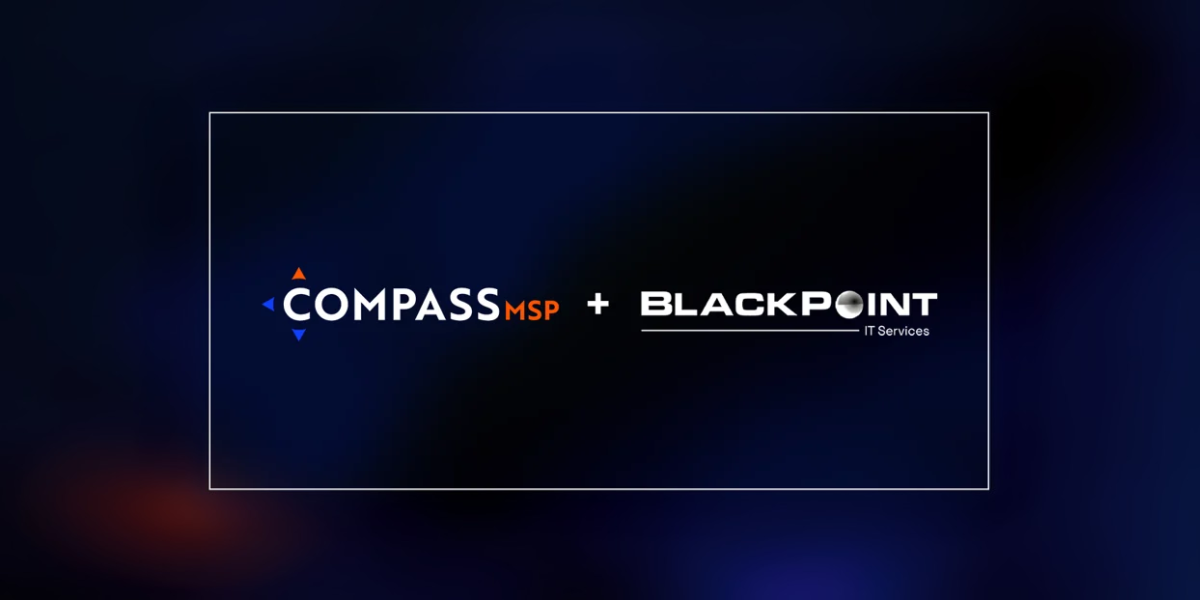We often hear from clients that they are concerned about protecting their clients’ confidential data. Your clients trust you to safeguard sensitive information. Any breach not only jeopardizes their trust, but also can damage your reputation.
Here is a list of best practices that will help safeguard your organization's sensitive client information. By acting on these now, you can improve your overall cybersecurity posture while ensuring the confidentiality, integrity, and availability of your clients’ data.
Ten Tips to Protect Clients’ Private Data
- Data Classification, Access Control, and Backups: Implement a data classification system to categorize information based on its sensitivity. Enforce strict access controls, granting access only to the data necessary for an employee’s role. Regularly back up critical business data and make sure that backup systems are secure.
- Secure Data Storage and Transmission with Encryption: Use encryption for both data at rest and in transit to safeguard client information from unauthorized access. Implement secure channels for transmitting sensitive client information and ensure that all storage solutions meet industry standards for security.
- Employee Training: Conduct regular training sessions to educate people on the importance of data security since many data breaches are the result of human error. Regularly train on the importance of data security, phishing threats, and proper handling of sensitive information. Click here to watch our webinar on cybersecurity awareness training.
- Secure Communication Channels: Use secure communication channels, such as encrypted email and messaging platforms, when transmitting sensitive client information.
- Regular Security Audits: Perform regular security audits and assessments to identify and address potential vulnerabilities in your systems and networks. Engage third-party experts to conduct penetration testing.
- Implement Robust Cybersecurity Policies: Develop and enforce comprehensive cybersecurity policies that cover data access, storage, and transmission. Regularly update these policies to align with emerging threats and industry best practices.
- Incident Response Plan: This plan should outline the steps to be taken in case of a data breach. The financial repercussions of a data breach can be substantial. Beyond the immediate costs of remediation, legal fees, and potential fines, the long-term impact on revenue and customer acquisition could be significant. To read about the cost of downtime for a business, read our blog here.
- Vendor Risk Management: Evaluate the security practices of third-party vendors who have access to your client data.
- Multi-Factor Authentication (MFA): Require MFA which adds an extra layer of security by requiring additional verification beyond passwords.
- Regular Software Updates: Keep all software, including security software and applications, up to date with the latest patches. Regular updates help protect against known vulnerabilities that cybercriminals may exploit.
For expert advice or to answer questions about the appropriate cybersecurity actions for your organization, please contact us here. One of our CompassMSP cybersecurity experts will be happy to discuss how to safeguard sensitive client information.






